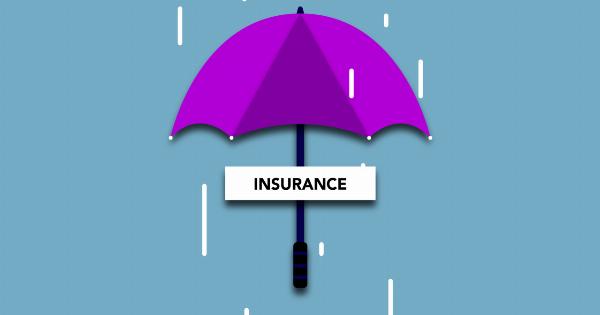Travel insurance is an essential aspect of any trip planning. It provides coverage for various unforeseen incidents that can occur during your travel, such as trip cancellations, medical emergencies, lost baggage, and more.
While purchasing travel insurance is important, knowing how to maximize the benefits it offers is equally crucial. In this article, we will provide you with valuable tips and insights on how to make the most of your travel insurance coverage.
1. Understand Your Policy
Before embarking on your journey, thoroughly review your travel insurance policy to understand the coverage and limitations. Pay attention to the fine print, including exclusions and deductibles.
Familiarize yourself with the terms and conditions, so you know what you are entitled to in case of an unfortunate event.
2. Choose the Right Coverage
Ensure that your travel insurance plan covers all the aspects that are most relevant to you and your trip. The coverage may vary, so consider your needs and destination specifics.
Don’t opt for a one-size-fits-all policy; instead, tailor your selection to suit your requirements.
3. Purchase Insurance in a Timely Manner
Buy travel insurance as soon as you book your trip. This will ensure that you have coverage for any unforeseen incidents that may occur before your departure date.
Most insurance policies offer coverage for trip cancellations due to valid reasons like illness or emergencies, as long as the policy was purchased before the event occurred.
4. Keep Copies of Important Documents
Make sure to keep copies of all your travel-related documents, including your insurance policy, passport, visa, flight tickets, and any other relevant paperwork.
In case of loss or theft, having these copies will make it easier to file a claim and provide necessary documentation.
5. Contact Your Insurance Provider Immediately
In case of an emergency or an incident covered by your insurance, contact your insurance provider as soon as possible.
They will guide you through the claims process, provide necessary instructions, and connect you with the right resources, such as medical facilities or local authorities, if required.
6. Keep Detailed Records
When it comes to filing a claim, it is crucial to maintain detailed records of all expenses and incidents related to the event. This includes medical bills, police reports, receipts, and any other relevant documents.
Having comprehensive records will help expedite the claims process and ensure full reimbursement.
7. Be Aware of Time Limits
Travel insurance policies often have strict time limits for filing claims. Ensure that you are aware of these deadlines to avoid missing out on potential benefits.
File your claim as soon as possible and adhere to the specified time limits to maximize your chances of a successful claim settlement.
8. Take Advantage of Additional Coverage
Some credit cards or membership programs offer additional travel insurance coverage as a perk. Check if you have any existing coverage through such programs and understand the extent of the benefits.
You may be able to save on purchasing additional coverage or get enhanced protection for certain aspects like trip delays or baggage loss.
9. Use Travel Insurance for Medical Emergencies
While traveling abroad, medical emergencies can be financially draining. Ensure that your travel insurance covers medical expenses and provides assistance services.
In case of illness or injury, reach out to your insurance provider or their designated emergency assistance hotline for guidance on the nearest healthcare facilities and procedures to follow.
10. Stay Informed and Updated
Stay informed about any changes or updates in your travel insurance policy. Insurance providers may periodically update their terms and conditions, coverage limits, or exclusions.
By staying updated, you can ensure that you are aware of any modifications that might impact your coverage, allowing you to adjust your plans or purchase additional coverage if necessary.


























